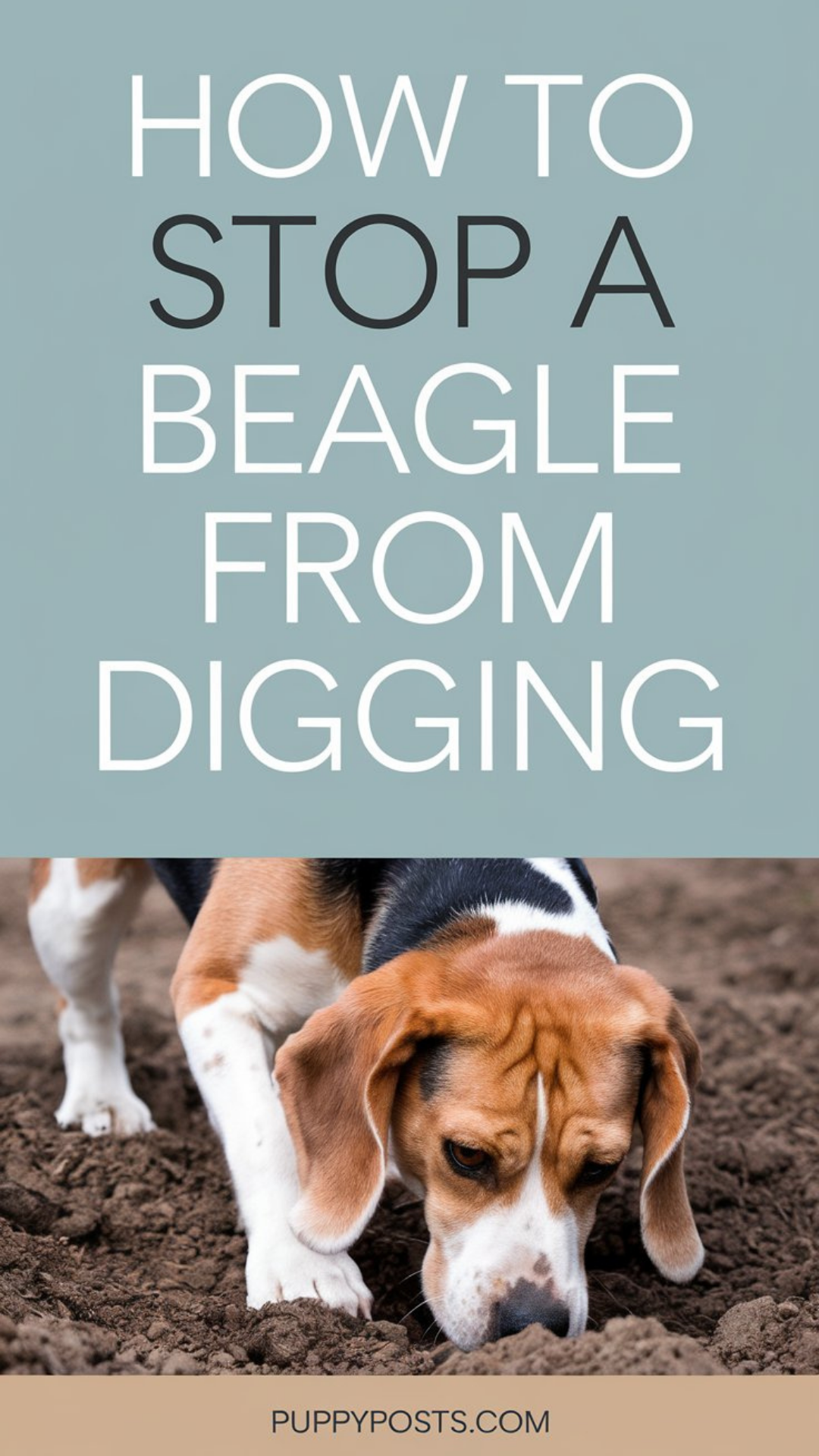How to stop a Beagle from digging
Alright, here’s the truth—Beagles love to dig. It’s in their DNA, thanks to generations of hunting and tracking. But when your yard starts looking like a battlefield, you gotta step up and put a stop to it. I’m a veterinarian with over ten years of experience running a sanctuary for stray dogs and cats, and I’ve seen plenty of Beagles tear up yards. Here’s how to stop your Beagle from digging without losing your cool.

Understand Why Your Beagle Digs
Beagles dig for a bunch of reasons—boredom, hunting instincts, boredom, anxiety, or just for fun. Figure out what’s driving your dog’s digging before you tackle the problem.
Provide Plenty of Exercise and Mental Stimulation
A tired Beagle is a good Beagle. Make sure your dog gets enough daily exercise and mental challenges. Walks, playtime, and puzzle toys all help burn off that excess energy and reduce digging.
Create a Designated Digging Area
If your Beagle loves to dig, give them a spot where it’s allowed. A sandbox or a specific patch of your yard where they can dig freely satisfies their instincts without wrecking the whole lawn.
Supervise Outdoor Time and Interrupt Digging
Keep an eye on your Beagle when outside. If you catch them digging where they shouldn’t, interrupt immediately with a firm “no” or redirect their attention to a toy or the digging area.
Use Deterrents in Problem Areas
Place chicken wire, rocks, or mulch in spots your Beagle targets. Some owners find motion-activated sprinklers effective. These deterrents make digging less appealing.
Address Anxiety and Boredom
If your Beagle digs when alone or anxious, work on calming techniques. Crate training, consistent routines, and plenty of interaction can reduce stress-related digging.
Be Consistent and Patient
Stopping digging won’t happen overnight. Stay consistent with rules, supervision, and training. Your calm, firm leadership helps your Beagle learn what’s acceptable.
Digging is a natural Beagle behavior, but with the right strategy, you can manage it and save your yard. Exercise, designated digging spots, supervision, and patience go a long way.







